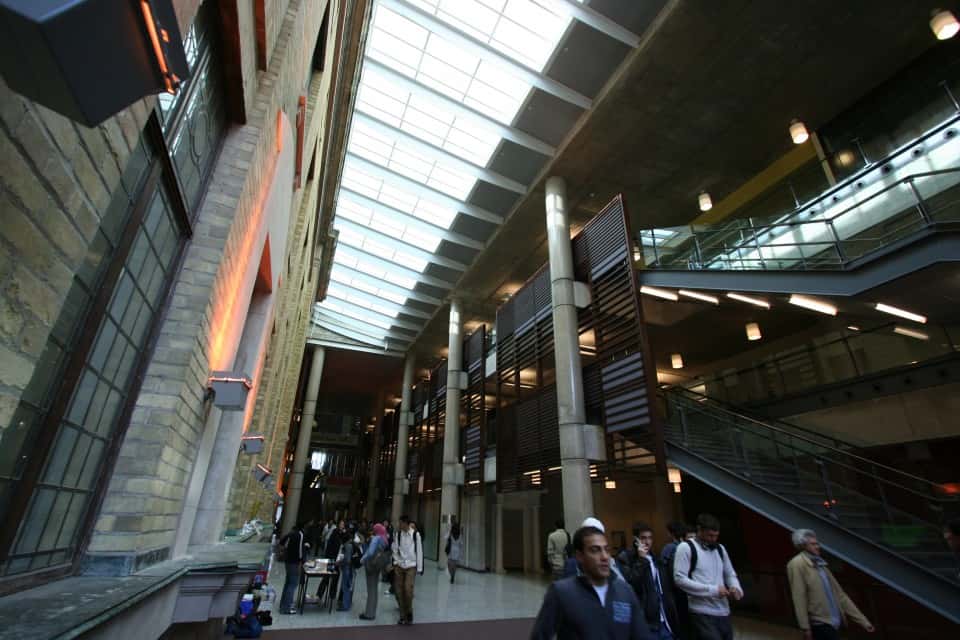Starting a company. Building a startup. Launching a venture.
You may have recently heard about how students have planned, designed, and shipped their own products, and are now growing their companies in the real world¬. The thought of creating a business from scratch may seem daunting, especially for an undergraduate. Many do not know how to start, where to get help, or how something they’re studying in school can somehow be used to turn them into entrepreneurs. However, U of T has the resources to get you ready to take on the challenge.
The Banting & Best Centre for Innovation & Entrepreneurship is U of T’s hub for students who want to enter the startup world. With nine different Accelerator and Incubator programs, students have a number of resources at their disposal to create and nurture their business ideas.
These programs generally take students who are interested in entrepreneurship and create an environment where they can learn about how the startup world works while simultaneously building a new or existing business venture. They are programs that help you take your product ideas and turn them into business-viable solutions for your target customers.
The various programs each cater to different industries and stages of the startup development cycle. The Impact Centre, for instance, specializes in developing ventures in the broad categories of natural sciences and engineering, focusing on using university research to create innovative products. They have an annual ‘bootcamp’ program, called ‘Techno,’ which “provides intensive entrepreneurship training for scientists and engineers” and gives advice and mentorship to early-stage startups.
Other programs, like the Health Innovation Hub (H2i), focus on a smaller subset of the science industry. They provide a range of programs to foster innovation in the healthcare sector. As a part of the Faculty of Medicine, its programs deliver the resources and mentorship students need to be active participants in creating innovative solutions for health matters. In addition to this, U of T is also partnering with Johnson and Johnson to create the JLABS incubator for biotech startups. H2i’s many programs aid students at different stages of the startup cycle.
One of the most important features of all of the accelerators is the myriad of people you can network with. They have program partners and alumni who have been through the stages of launching a successful business and have experiences to share with upcoming entrepreneurs. As an example, DCSIL in the Department of Computer Science is led by Mario Grech, who has started and sold numerous software startups internationally and runs a Business of Software course for credit.
Other programs like the Creative Destruction Lab have some renowned professors and startup gurus like their Chief Scientist, Professor Steve Mann, who is a serial inventor and leads in the area of wearable technology, having started numerous companies in that industry. Whether you are looking for industry experts or academics in a particular field, there is no shortage of people you can meet and learn from in any of the programs.
Contrary to popular belief, you don’t have to be a Computer Science or Engineering student to be part of many of the programs. People from any discipline are welcome to come share their ideas and learn about what sets apart a good and profitable business. In fact, if a startup team has people from a variety of backgrounds, and especially if they have domain experts from their target market, they have a substantial advantage in making a successful venture. Think about your strengths and what you can bring to the table, and then get the mentorship and advice you need to move your ideas to the next level.
While most of the nine programs are at the St. George campus, the Scarborough and Mississauga campuses both have one of their own respective accelerators (The Hub and I-Cube).
Interested parties are encouraged to check out the websites of the programs and see if any of them will awaken the entrepreneurial spirit within.


